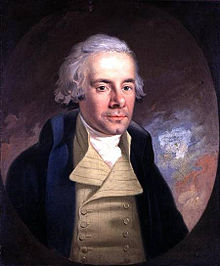23rd August 2013
End modern slavery
Today, we pay tribute to many women and men who were victims of the Slave Trade.

The UNESCO International Day for the Remembrance of the Slave Trade and its Abolition is observed annually on 23 August to remind people of the tragedy of the Transatlantic Slave Trade. This day is an opportunity to honour and remember those who suffered and died as a result of the Slave Trade.
It is a chance to reflect on that tragedy and assess its consequences. And it reminds us of the problems of racism and prejudice today.
British Foreign Secretary William Hague’s book ‘William Wilberforce: The Life of the Great Anti-Slave Trade Campaigner’ vividly describes the night of 23 February 1807 when UK Members of the House of Commons passed a pivotal bill to abolish the slave trade. He describes the final moment when the bill was passed:‘For the man saluted by the Commons that night, tearful, emotional, but triumphant as the hated slave trade was voted into history, bore the name William Wilberforce.’
Who was William Wilberforce? He was a determined English politician who fought tirelessly to abolish slave trade. For 26 years he championed the campaign against the British slave trade until the passage of the Slave Trade Act of 1807.
It was a tremendous moment. But 206 years later, we are still dealing with persistent, modern forms of slavery. The International Labour Organisation (ILO) estimates that about 21 million people are affected across the world. Forced labour, trafficking, child slavery and early and forced marriage classify as modern slavery.
We need to ask ourselves why slavery still persists today. We must make it history, as happened to the dreadful Transatlantic Slave Trade.